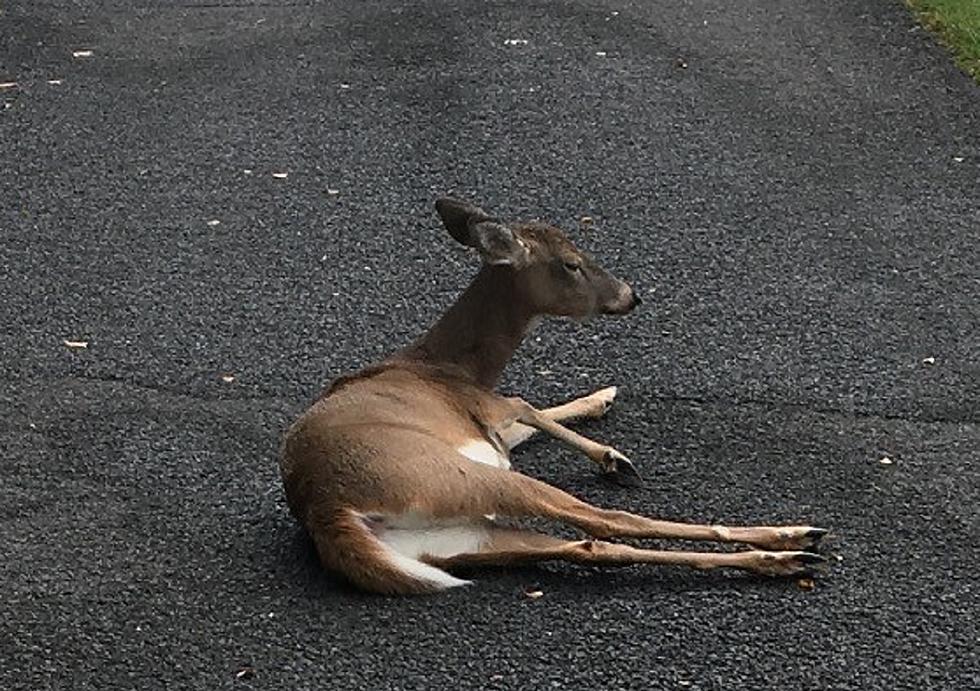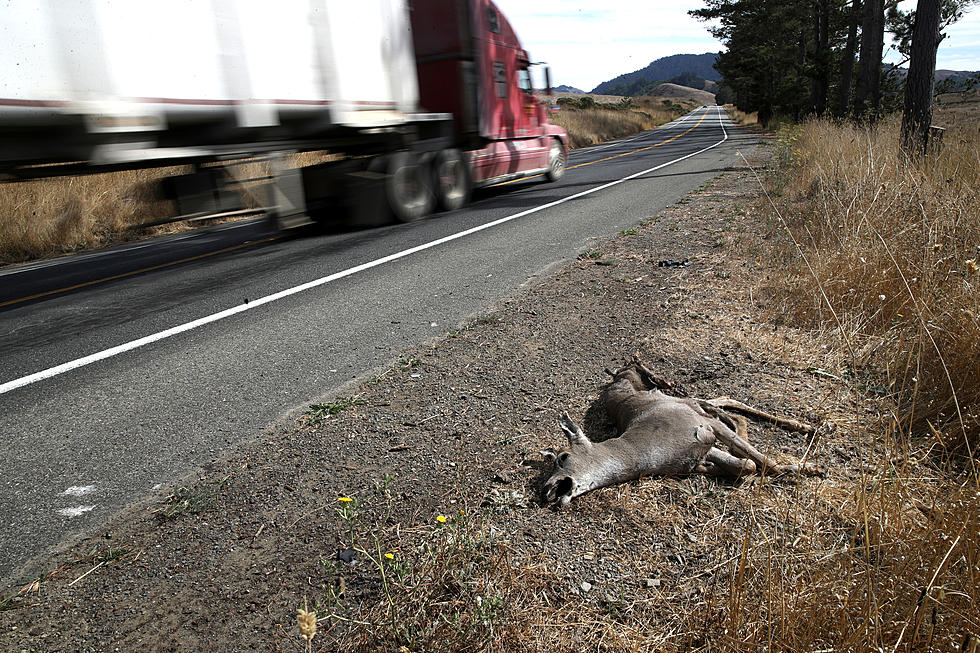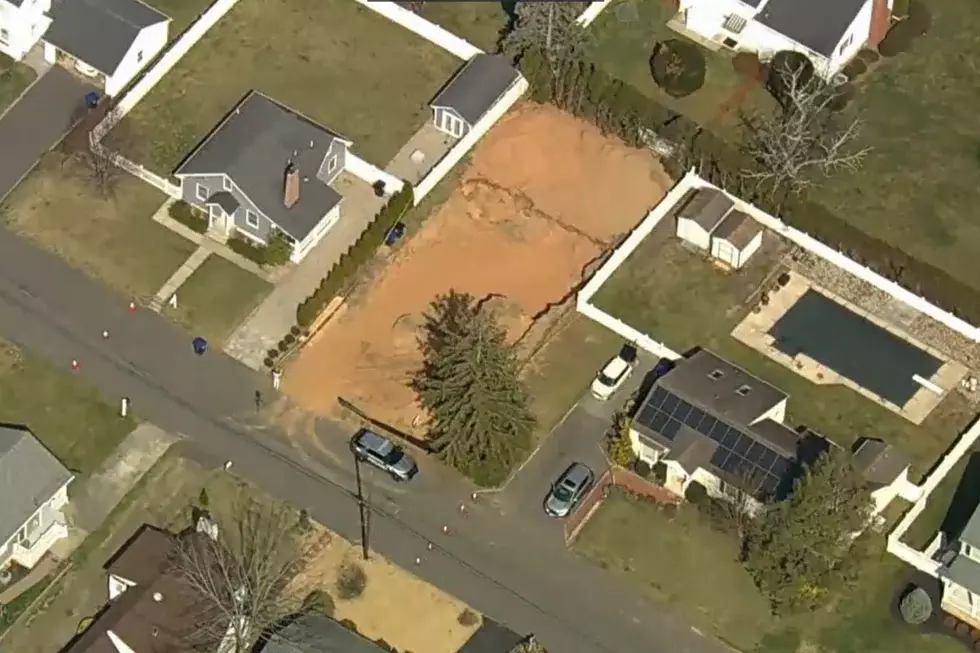
Disease Alert for New Jersey Deer
It can't be transmitted to people, but the Department of Environmental Protection's Division of Fish and Wildlife is urging hunters and outdoor enthusiasts to be on the alert for white-tailed deer in New Jersey who may be suffering with Epizootic Hemorrhagic Disease (EHD). The virus spreads among deer through the bites of midge flies.
EHD is strictly a wildlife issue. Humans are not at risk by handling infected dear, being bitten by infected midges or eating meat from deer affected by the virus. But, the division of Fish and Wildlife strongly advises against consuming meat from any animal that appears sick.
EHD Type 2 Virus has been confirmed in Gloucester, Salem and Warren counties. Test results are pending in Cape May, Cumberland, Camden, Monmouth and Middlesex counties. There are suspected cases that have been reported in Burlington County.
"EHD is a common viral disease in deer that is contracted only from the bite of a species of midge. It does not spread from deer to deer and outbreaks end with the onset of cold weather, which kills the midges that spread the disease," said David Chanda, Director of the Division of Fish and Wildlife.
Signs of EHD include difficulty standing, drooling and foaming from the mouth or nose. Dead deer with no apparent wounds observed in or near water may have died as a result of EHD. They typically die within 5 to 10 days of infection. The animals generally lose their appetite and fear of people. They grow progressively weaker and often salivate excessively.
As the illness progresses, the deer develop internal hemorrhaging and hemorrhaging around the eyes and mouth. They breathe heavily and develop a fever. They generally die beside water where they have gone to drink or to attempt to cool off.
Deer exhibiting signs of EHD should be reported to the Division's Office of Fish and Wildlife Health Forensics by calling Bill Standley at 908-236-2118 or the Bureau of Wildlife Management: Northern Region-Carole Stanko or Dan Roberts, 908-735-7040; Central Region-Jodi Powers, 609-259-6965; Southern Region-Joe Leskie, 609-748-2043 or Carole Stanko at 908-735-7040.
Livestock infected with EHD may show clinical signs similar to other livestock diseases. People suspecting these diseases should test their animals and can seek information from the State Veterinarian's Office at 609-671-6400.
More From New Jersey 101.5 FM









